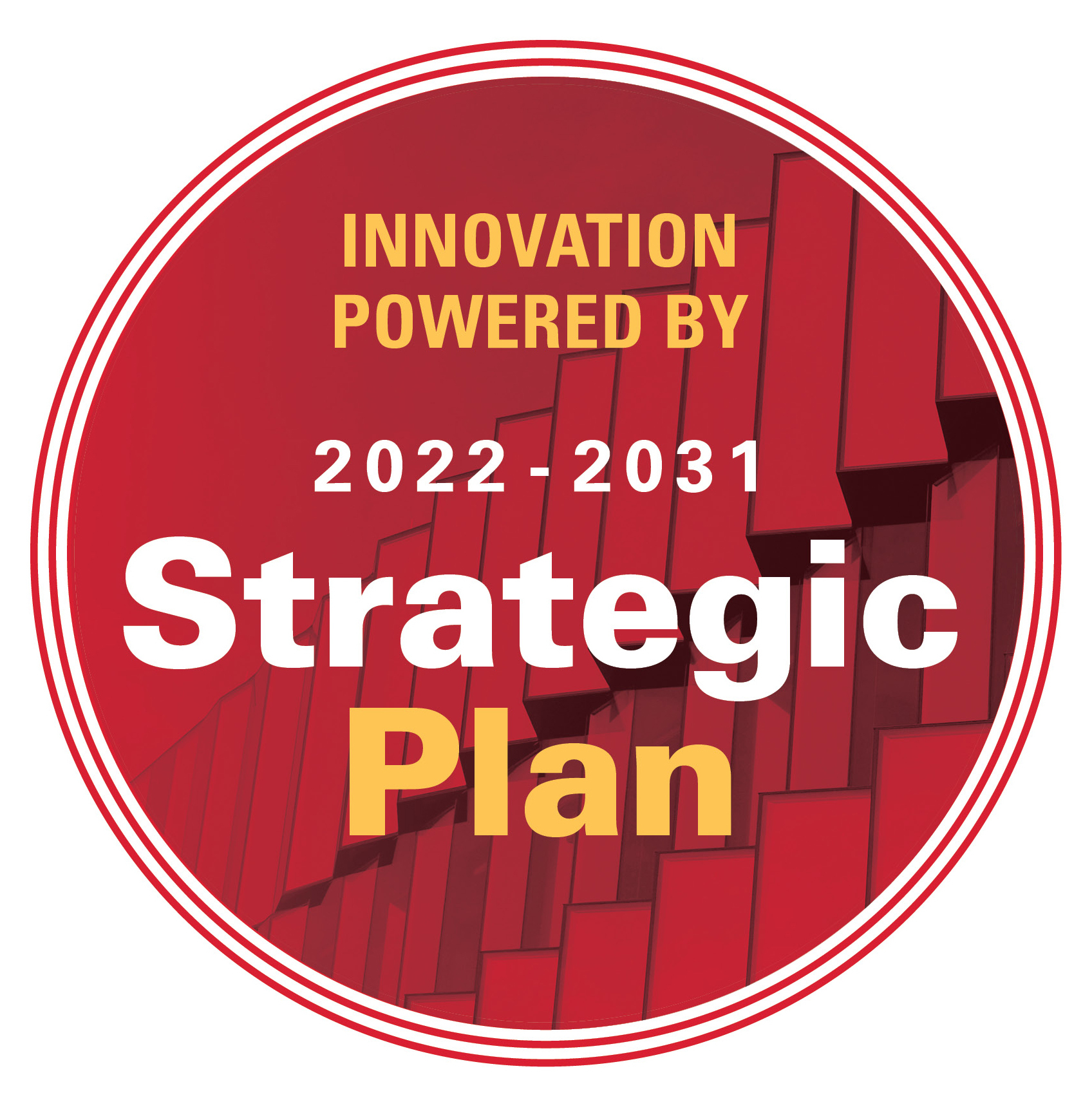A lingering sign of the pandemic is the number of students who need additional help with homework and, at the same time, the challenge of providing that assistance.
Through the launch of a universitywide initiative to increase student retention and graduation rates, with a focus on first-generation and multicultural students and students whose academic progress was most impacted by the pandemic, they are receiving extra assistance. The initiative shows the immediate impact of the 2022-31 strategic plan on campus as part of one of nine jump-start projects backed by President Wendy Wintersteen.

Andrea Wheeler, faculty fellow for student success in the office of the senior vice president and provost, has worked with Academic Success Center (ASC) director Adriana Gonzalez-Elliott and college deans to provide additional assistance throughout the academic year.
"If students want tutoring, supplemental instruction or to use the Academic Success Center, those services should be available," Wheeler said.
Senior vice president and provost Jonathan Wickert discussed the initiative during the September Faculty Senate meeting, asking faculty to make students aware of the increased opportunities and dispel any stigma to seeking academic support.
Gonzalez-Elliott wants to be thoughtful when working with students who come to the ASC and build outreach to those who are not. Assistance isn't only available for those struggling, and it can be beneficial to everyone from first-generation students to those in their final semester, providing life skills for after graduation.
Tutoring and supplemental instruction
The need for tutors is high because the ASC is the only centralized tutoring service on campus and students can request additional support for any class. The 50-minute sessions happen in groups of two to five students twice a week and cost $5 per session.
"We were having a pretty high match rate between tutors and students prepandemic, we were hiring about 300 tutors each semester," Gonzalez-Elliott said. "We have had a harder time retaining tutors now because of pay, opportunities to be a teaching assistant and internship opportunities."
To increase the number of undergraduate tutors available -- especially in gateway classes with high 'D,' 'F' and withdraw rates -- the ASC raised pay to $15 an hour with jump-start and provost office funds. That increase impacts tutors, supplemental instructors, academic coaches and writing consultants. Gonzalez-Elliott said the pay increase already has had a positive impact.
Although tutoring gets results, Gonzalez-Elliott said supplemental instruction has a significant positive impact on student success and is a free service. Supplemental instruction -- seen as another form of tutoring -- meets three times a week and is led by an undergraduate student who has completed the course and attends it during the current semester. Forty-three courses currently have supplemental instruction, which doesn't cap the number of students who can attend.
During the spring 2022 semester, students who attended five to nine sessions had a mean GPA of 2.92 and those who attended 15 or more finished with a 3.22 GPA. That compares to a 2.67 GPA for students who did not attend any supplemental instruction sessions.
"The leaders are attending lectures with all of the students, they are able to follow the pace of the course and are added to the instructor's Canvas site," Gonzalez-Elliott said. "They are required to submit weekly lesson plans that we approve."
Colleges
Wheeler said she also asked college deans to increase all of the help options their colleges offer, with a pledge of funding help. Colleges sent proposals to the provost's office, and equal funding is being distributed to start offering additional academic support. Each college offers different forms of facilitated study sessions to suit the curriculum, with many led by graduate students.
Wheeler also has contacted instructors of classes with a history of challenging material to ask for their help identifying students who might be willing to help.
